Many people are becoming increasingly aware that our diet has a significant impact on our health and the environment. However, with the flood of information available, it's not easy to find the "right" diet. The recent TA-SWISS study, "Meat and Dairy Substitutes – Better for Health and the Environment?", offers valuable guidance on this complex topic.
The results of the TA-SWISS study at a glance
The study examined the extent to which plant-based meat and dairy substitutes are truly healthier and more sustainable, and analyzed the impact of these products on health, the environment, consumer behavior, and ethical and legal aspects. It also offers recommendations on when plant-based alternatives make more sense and where the original is preferable. The key findings, with a focus on dairy substitutes, are:
1. Health advantages and disadvantages of milk substitutes
Plant-based alternatives contain more fiber and unsaturated fat, which offers many health benefits. However, in terms of protein content and value, all milk alternatives—with the exception of soy drinks—fall significantly behind cow's milk. Furthermore, some plant-based drinks lack vitamins and minerals such as vitamin B12, calcium, and iodine, which are naturally present in cow's milk.
2. Environmental balance: Advantage for plant-based alternatives – but no clear
Plant-based milk substitutes generally perform better ecologically than cow's milk, as they require less land and produce lower greenhouse gas emissions. However, water consumption is higher for plant-based drinks than for animal milk.
The study also shows, however, that the type and origin of the raw materials are crucial for a product's environmental footprint. In Switzerland, cow's milk plays an important role because 70 percent of the country's land suitable for agricultural use is meadows and pastures. The roughage growing on these lands – grass in summer, hay for the winter – can only be used by ruminants, i.e., cattle, goats, and sheep, or by solipeds such as horses and donkeys. The production of dairy products therefore does not necessarily compete with the production of plant-based foods for the population. Cows could, in principle, feed exclusively on grass. However, yields would be lower without additional concentrated feed. However, in Switzerland, 85 percent of the current cattle and cow population could still be maintained if concentrated feed were not added. Reducing the consumption of animal products, including cow's milk, is therefore important.
3. Consumer perspective
The study shows that many consumers have a positive attitude toward plant-based alternatives – both for health and environmental reasons. At the same time, uncertainties remain, for example regarding nutrient density and composition. Many consumers want simple, transparent information to better assess the added value of substitute products for their diet.
4. Ethical and legal considerations
In addition to health and environmental friendliness, ethical and legal issues were also examined. The production of meat and dairy substitutes affects not only animal welfare but also social and economic issues along the supply chain. Furthermore, there are still some open legal questions in the EU and Switzerland, for example regarding the labeling and marketing of such products, which should be clear and understandable for consumers.
5. Conclusion: Which substitute products make sense, and when is the “original” preferable?
Substitute products perform well from an ethical and, to some extent, ecological perspective. However, with regard to health benefits, nuances are needed, as the study's recommendations indicate.
In general, replacing dairy products is only recommended to a limited extent. Their high water consumption, in particular, places a strain on the environment. Furthermore, alternatives – with the exception of soy drinks – perform worse than the reference products in terms of protein and calcium intake, unless specifically added.
The study also emphasizes that in certain cases, the original is preferable – especially when the need for protein and certain nutrients such as vitamin B12, iron, and calcium is difficult to meet through plant-based sources. This is especially true for population groups with increased needs, such as children, the elderly, or athletes. Cow's milk and animal products provide a high nutrient density that is difficult to achieve with certain substitutes.
A central point of the study is the recommendation to focus on a balanced and varied diet to ensure all important nutrients are consumed while protecting the environment. This means occasionally replacing meat and dairy products with plant-based alternatives, but not completely avoiding them to prevent a potential nutrient deficiencies. Variety helps to reap the benefits of both worlds while reducing the burden on the environment.
Our conclusion and approach to Wheycation
The findings of the TA-SWISS study reinforce our commitment to product development at Wheycation: We focus on a balanced solution that offers both health and environmental benefits while not neglecting taste. Our products are intended to be a sensible addition to a varied diet and naturally meet the needs of important nutrients such as protein, fiber, vitamins, and minerals. And we do this without placing too much strain on the environment. By utilizing the sidestream whey, we want to contribute to ensuring that the milk we already produce reaches the human diet in a holistic manner.
With our products, we want to help people eat a balanced and sustainable diet – without compromising on taste and without unnecessary environmental impact. We offer solutions that contribute to a more conscious and holistic lifestyle.
You can find more information and a link to the entire study directly on the TA-SWISS website: https://www.ta-swiss.ch/fleisch-und-milch-ersatz?
You can download a short summary of the study here: https://zenodo.org/records/13631651/files/Kurzfassung%20DE%20Ersatzprodukte%20TA-SWISS%2024.pdf

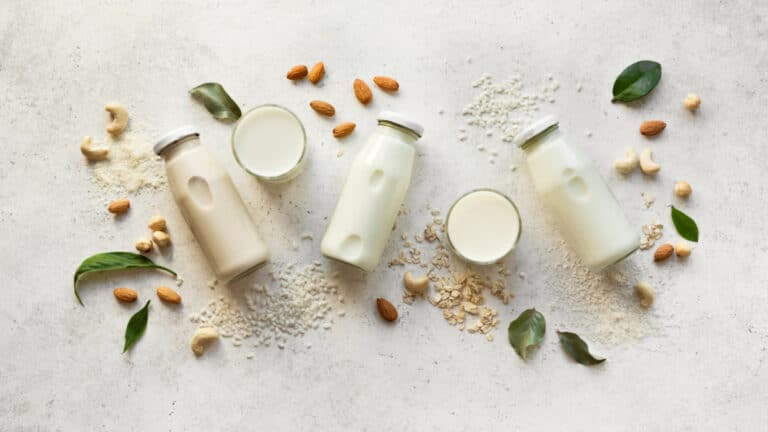
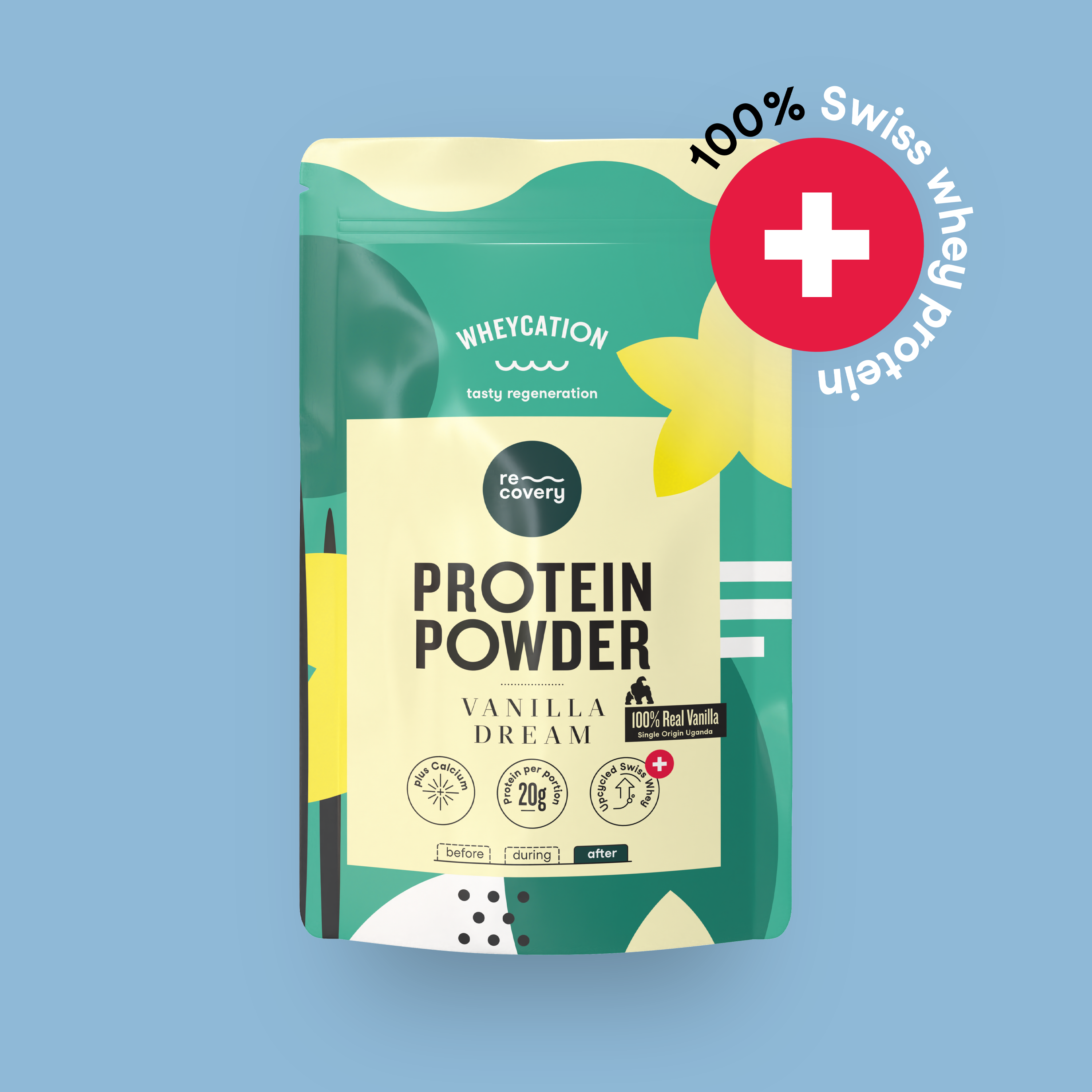

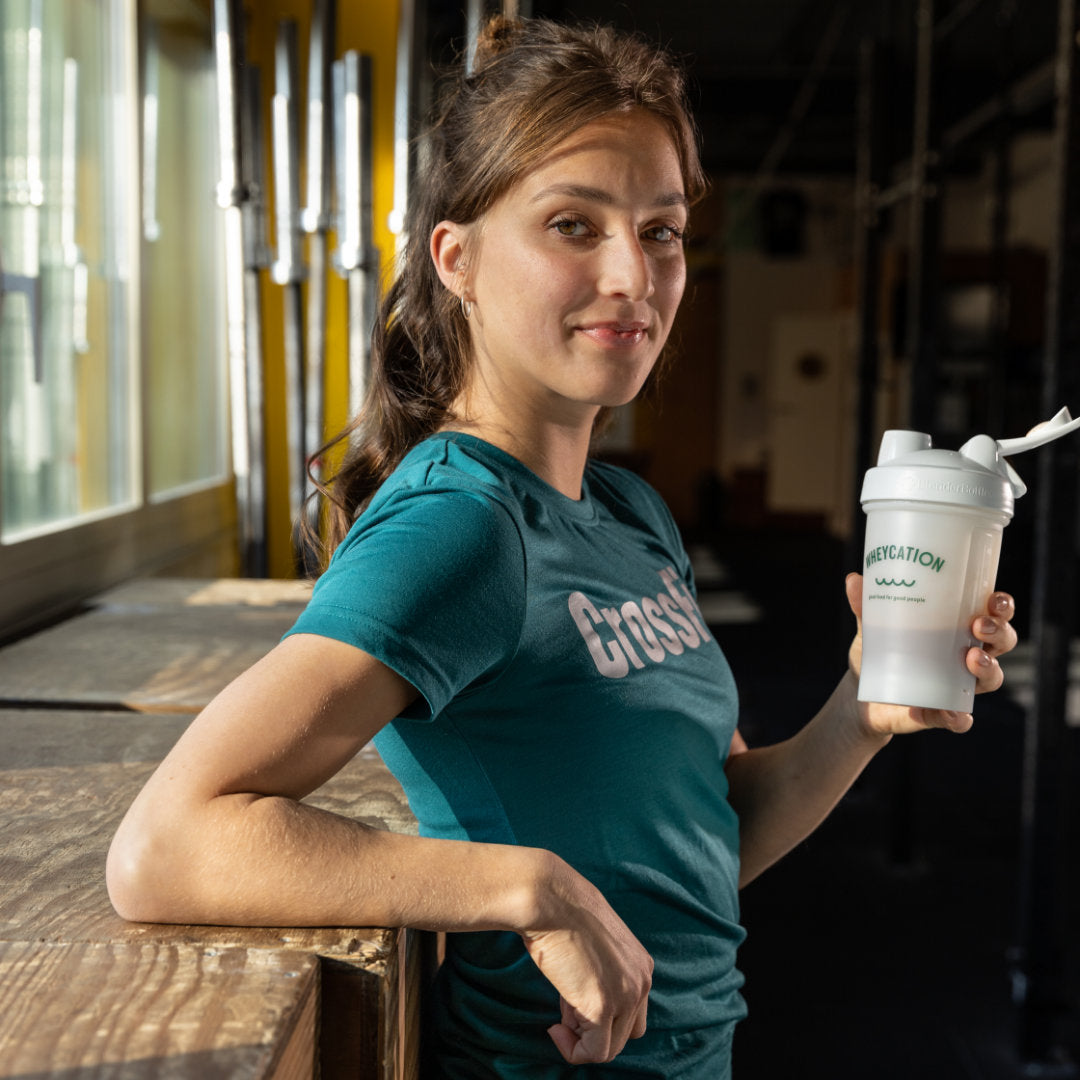
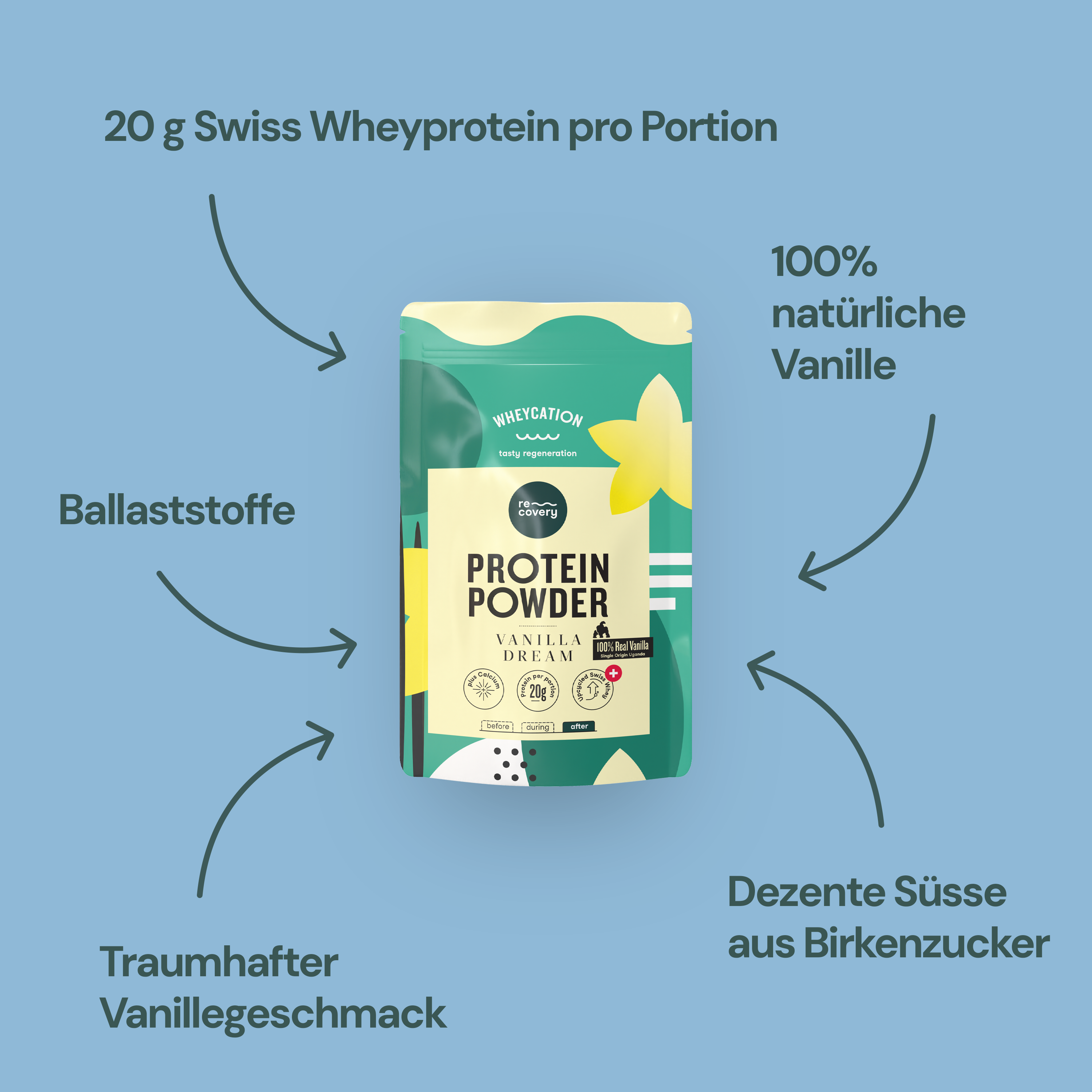
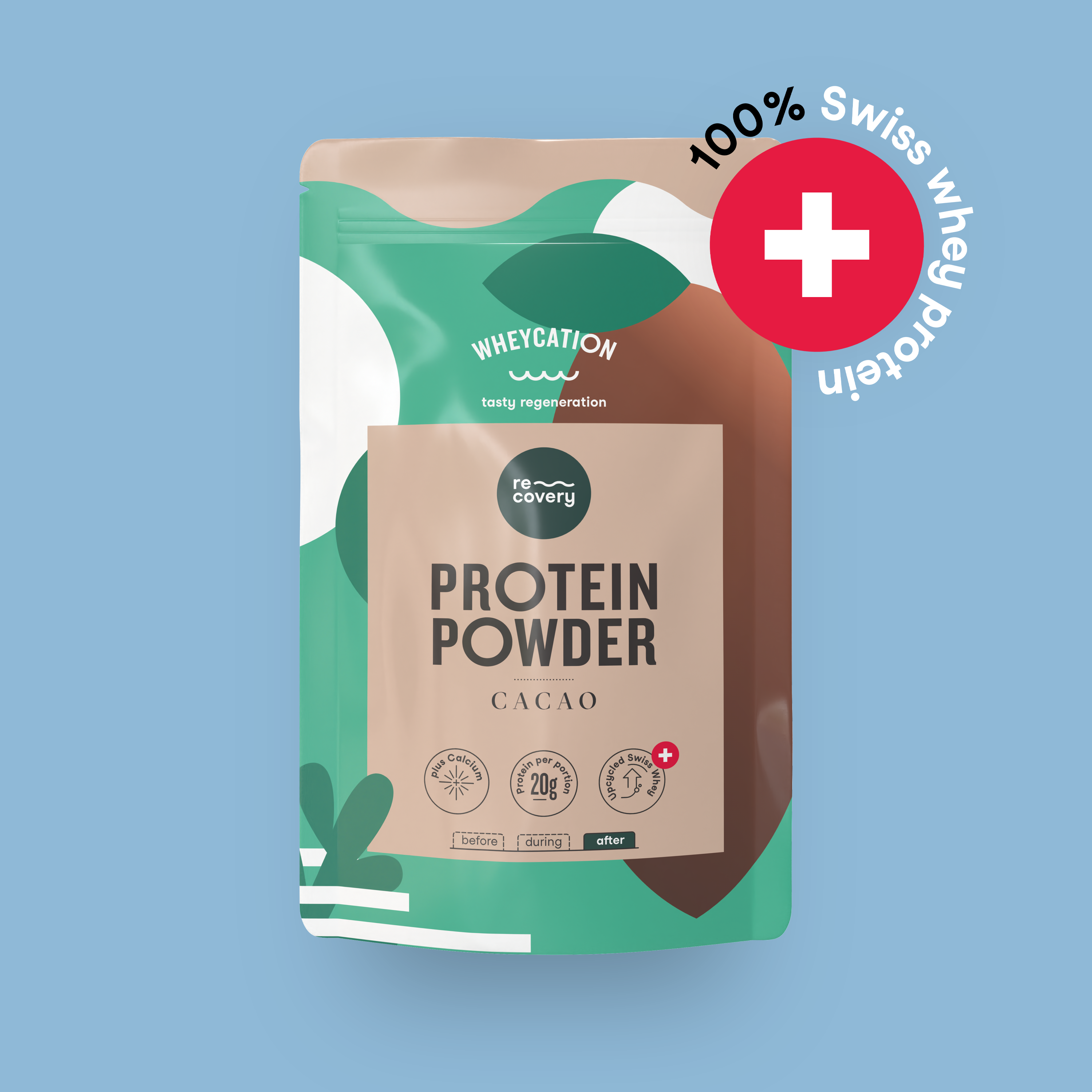

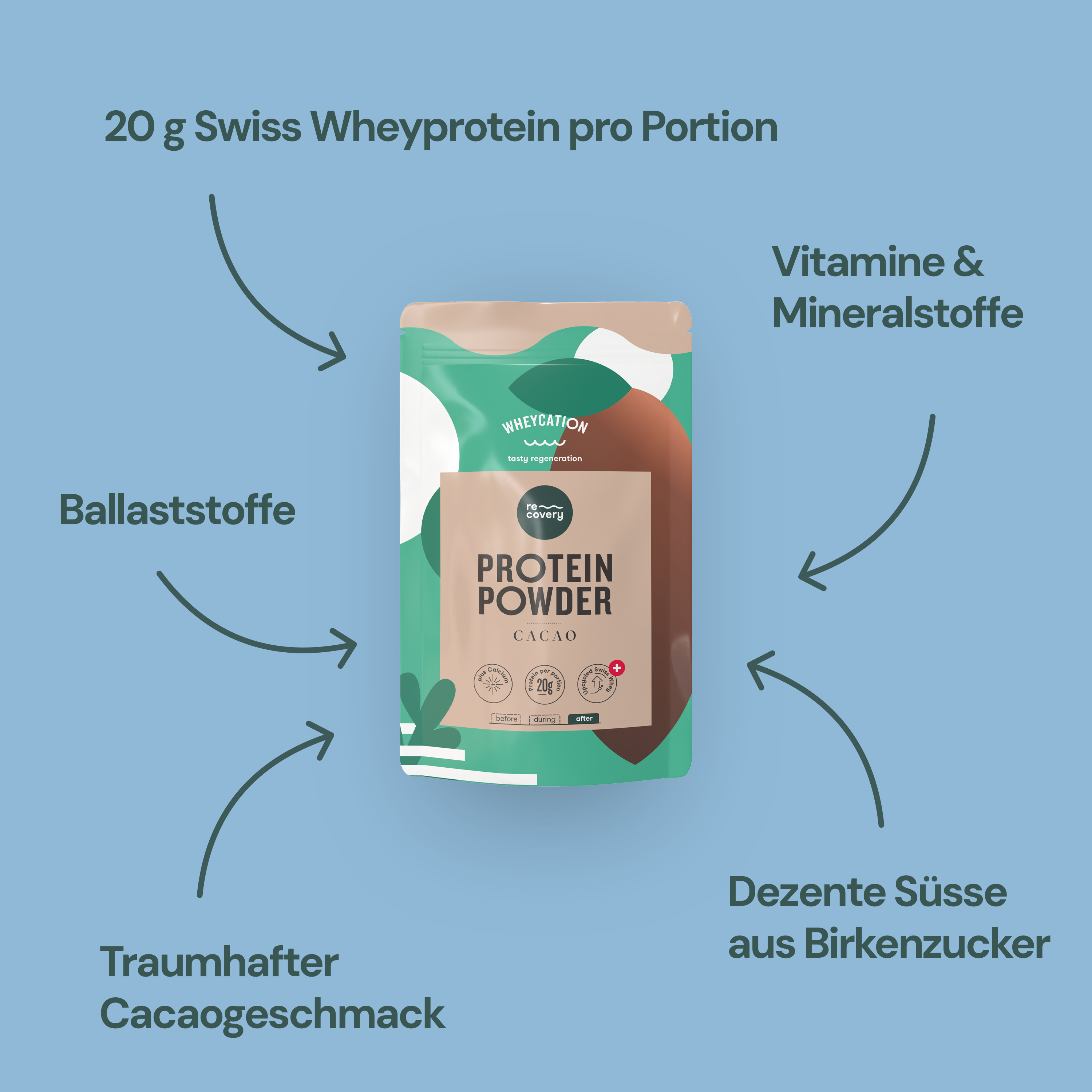
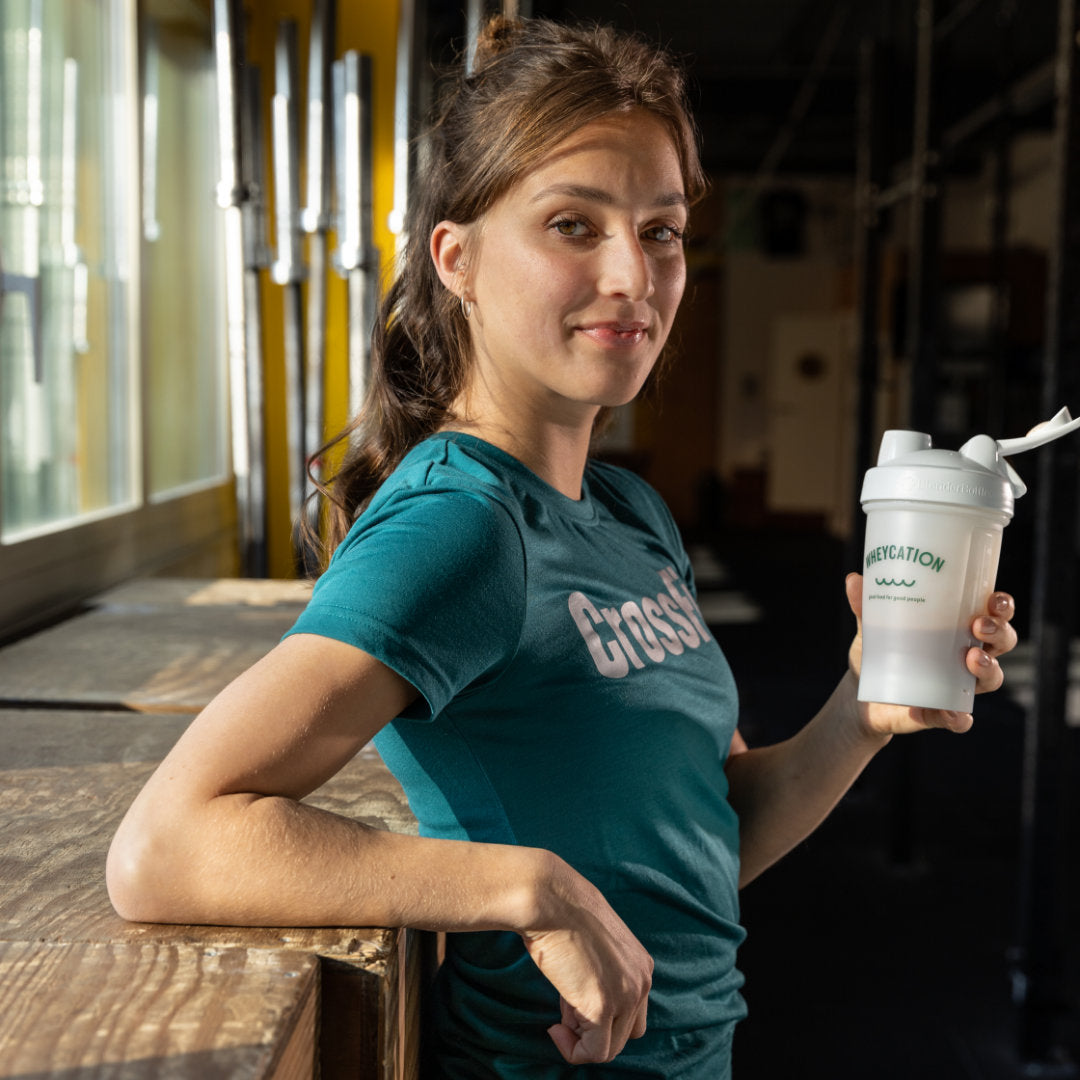
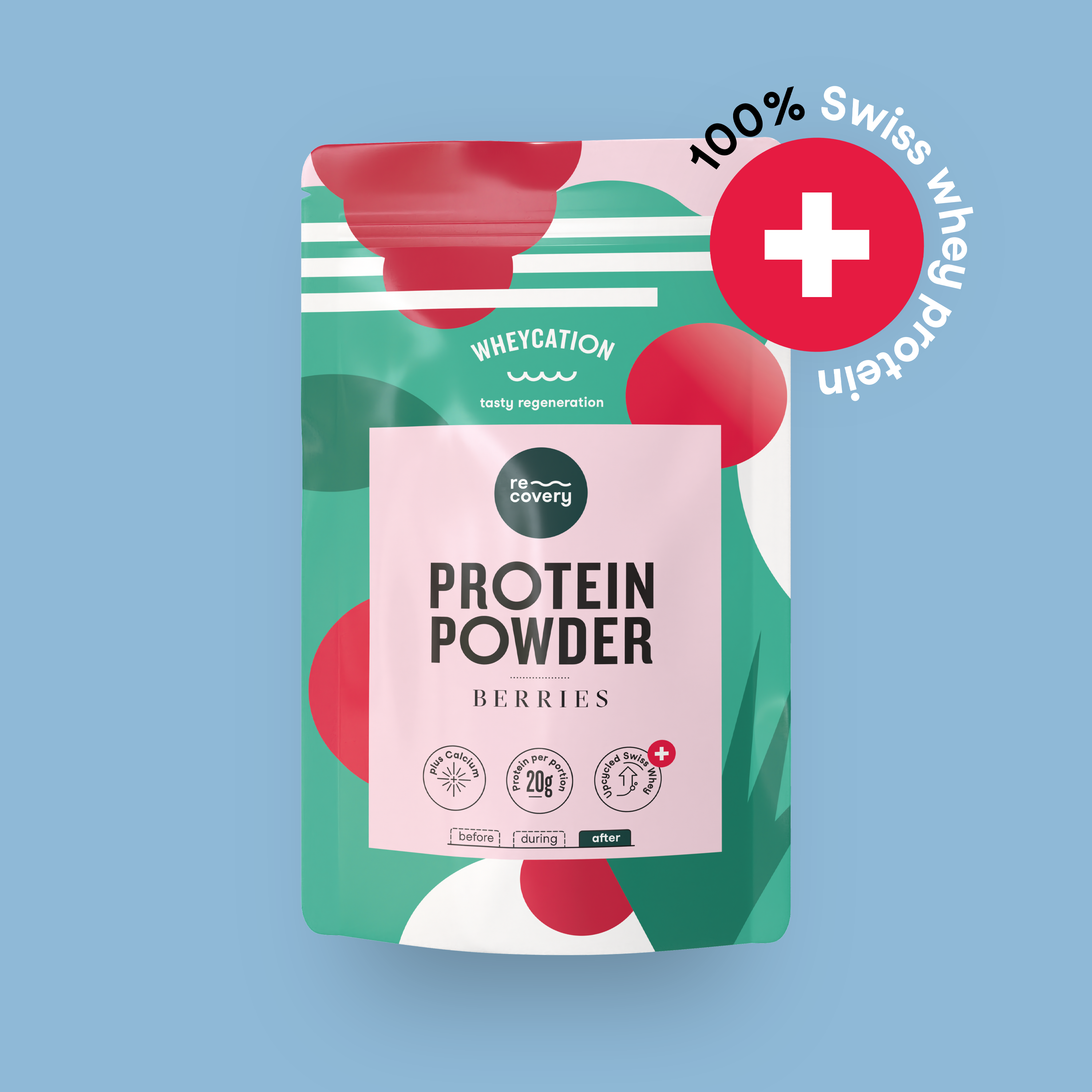
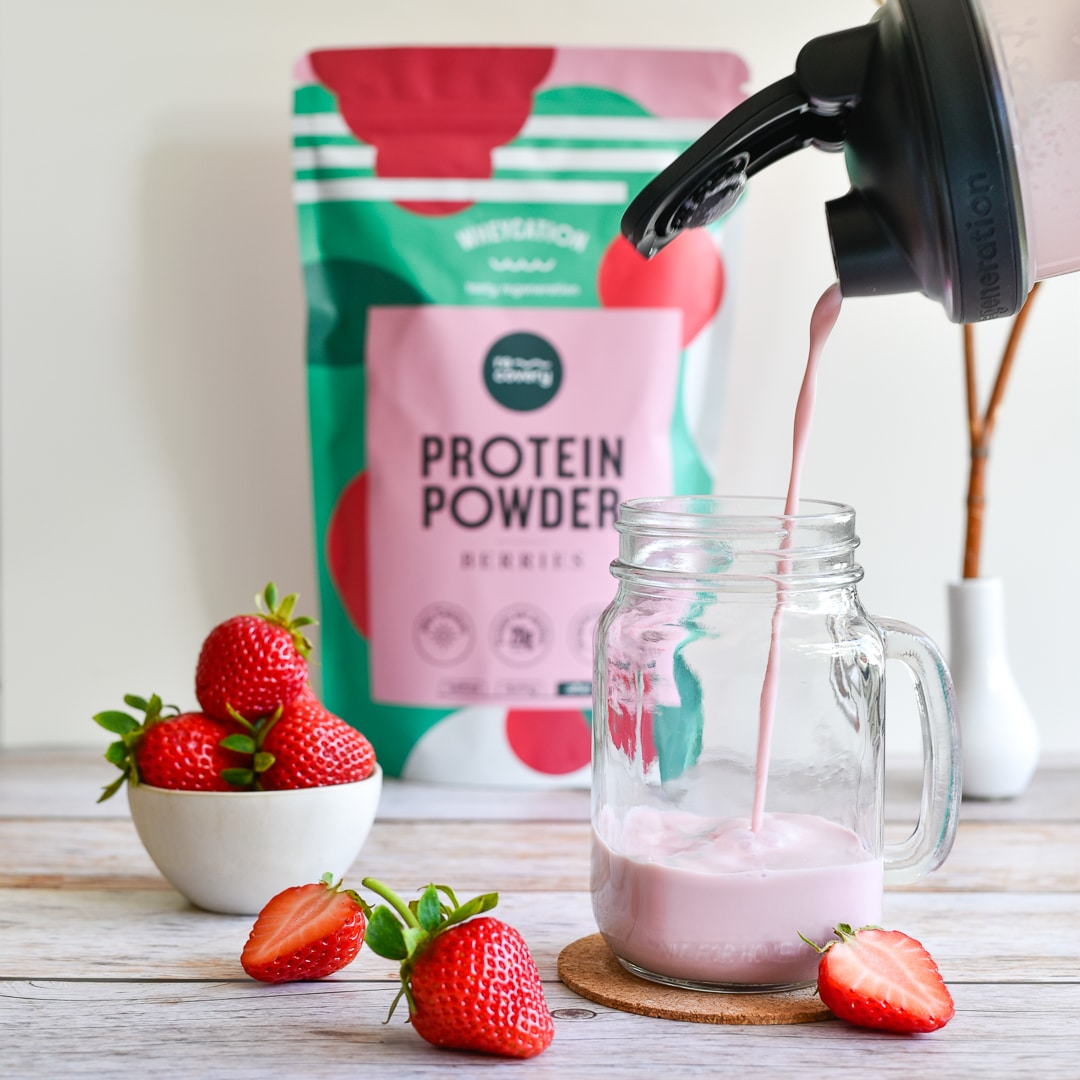

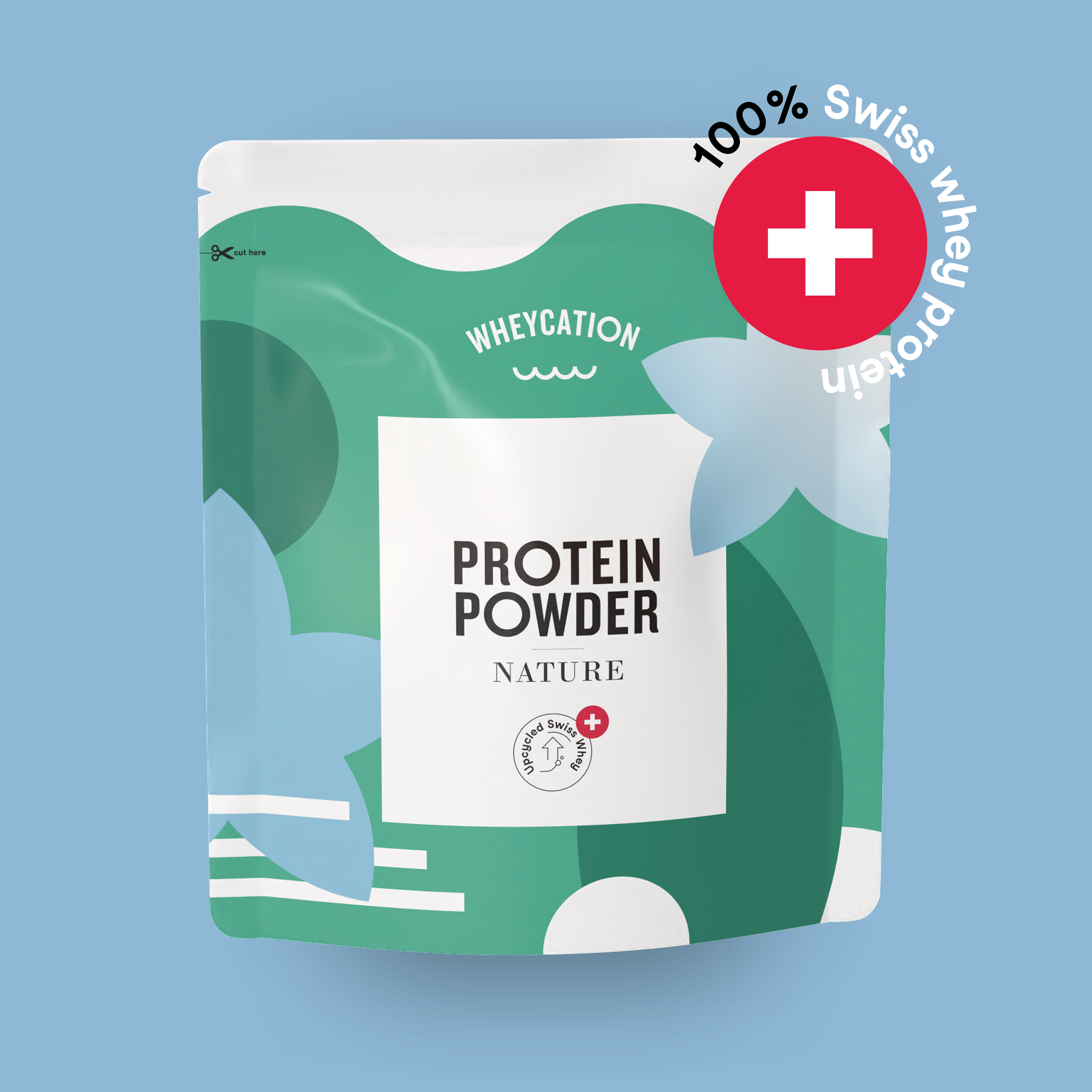

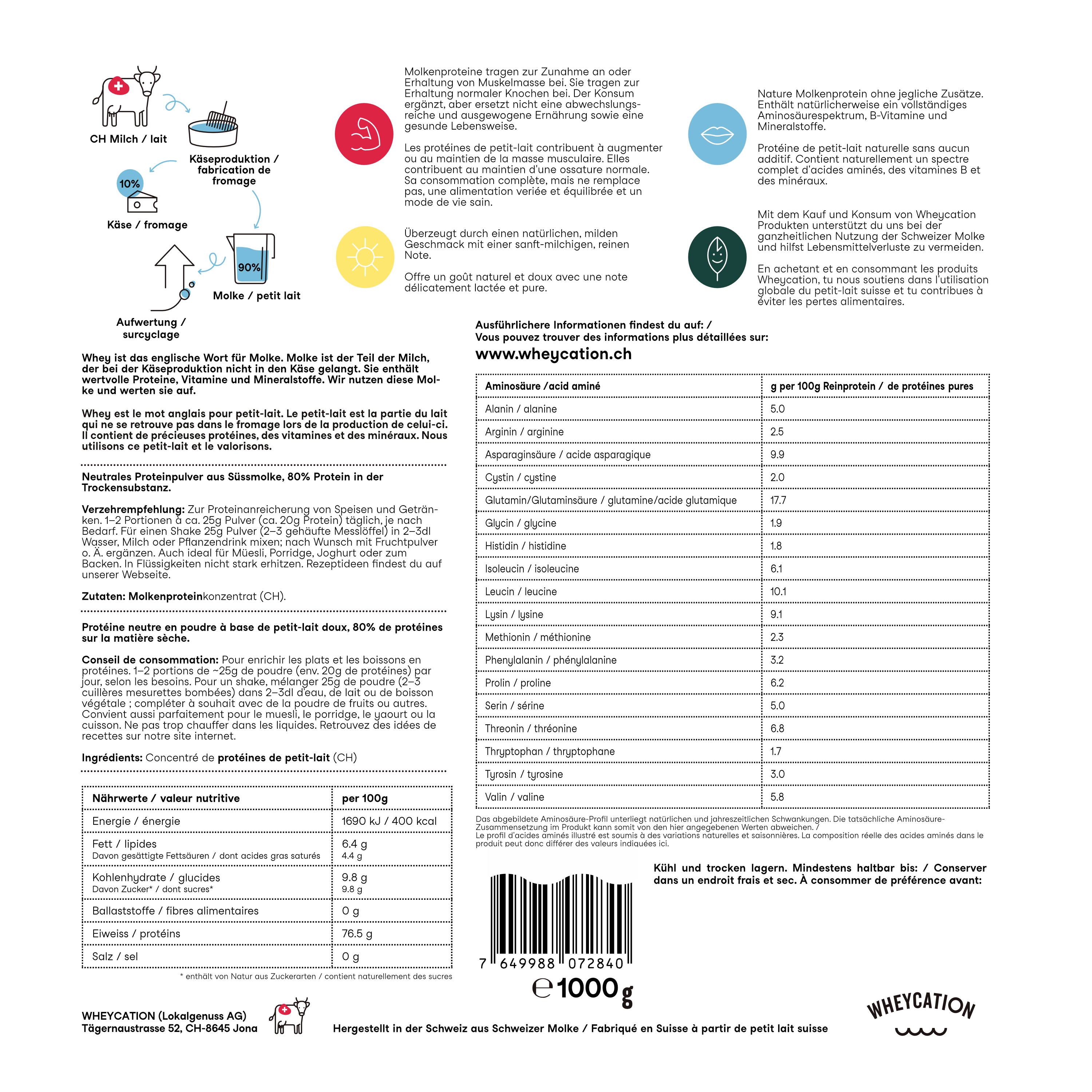
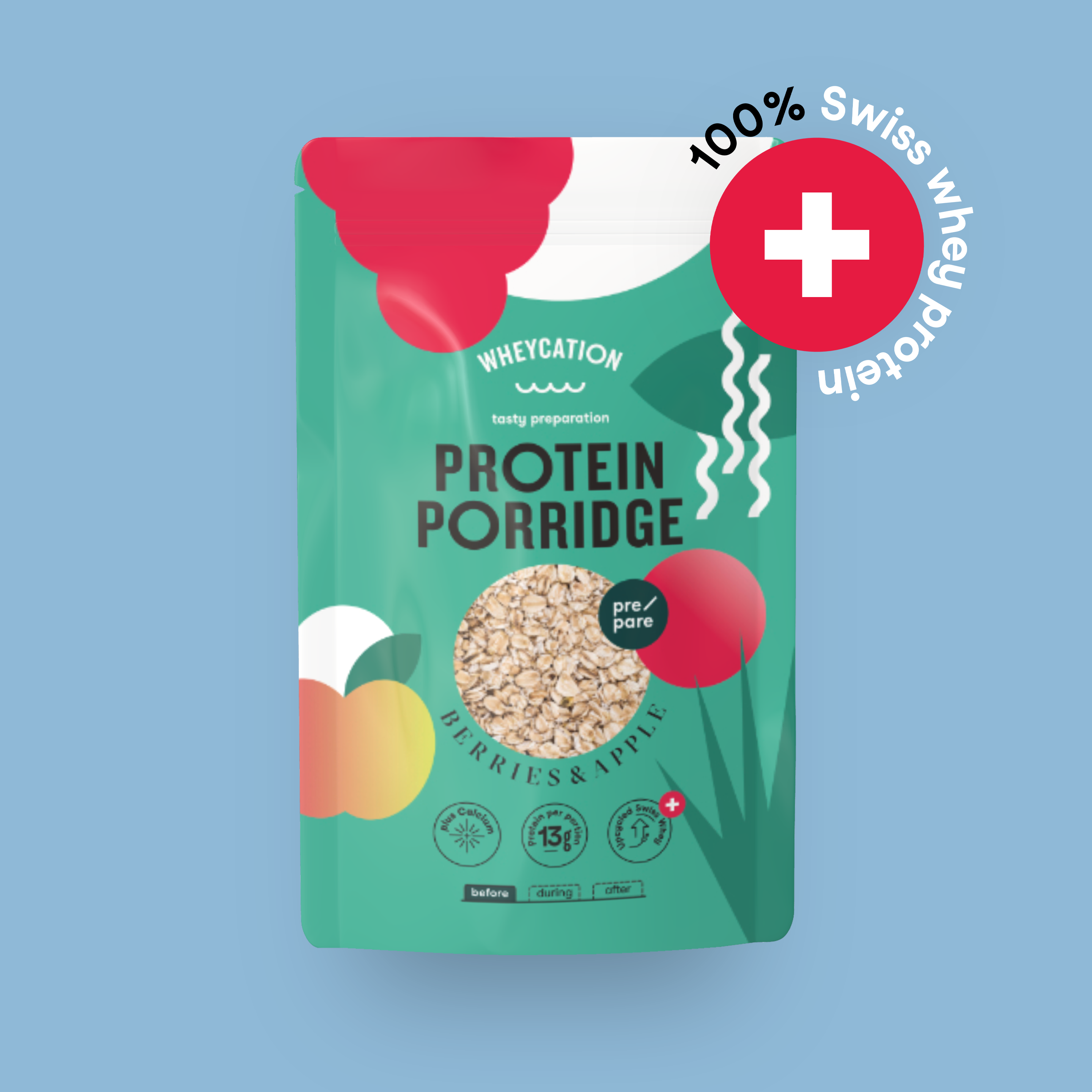
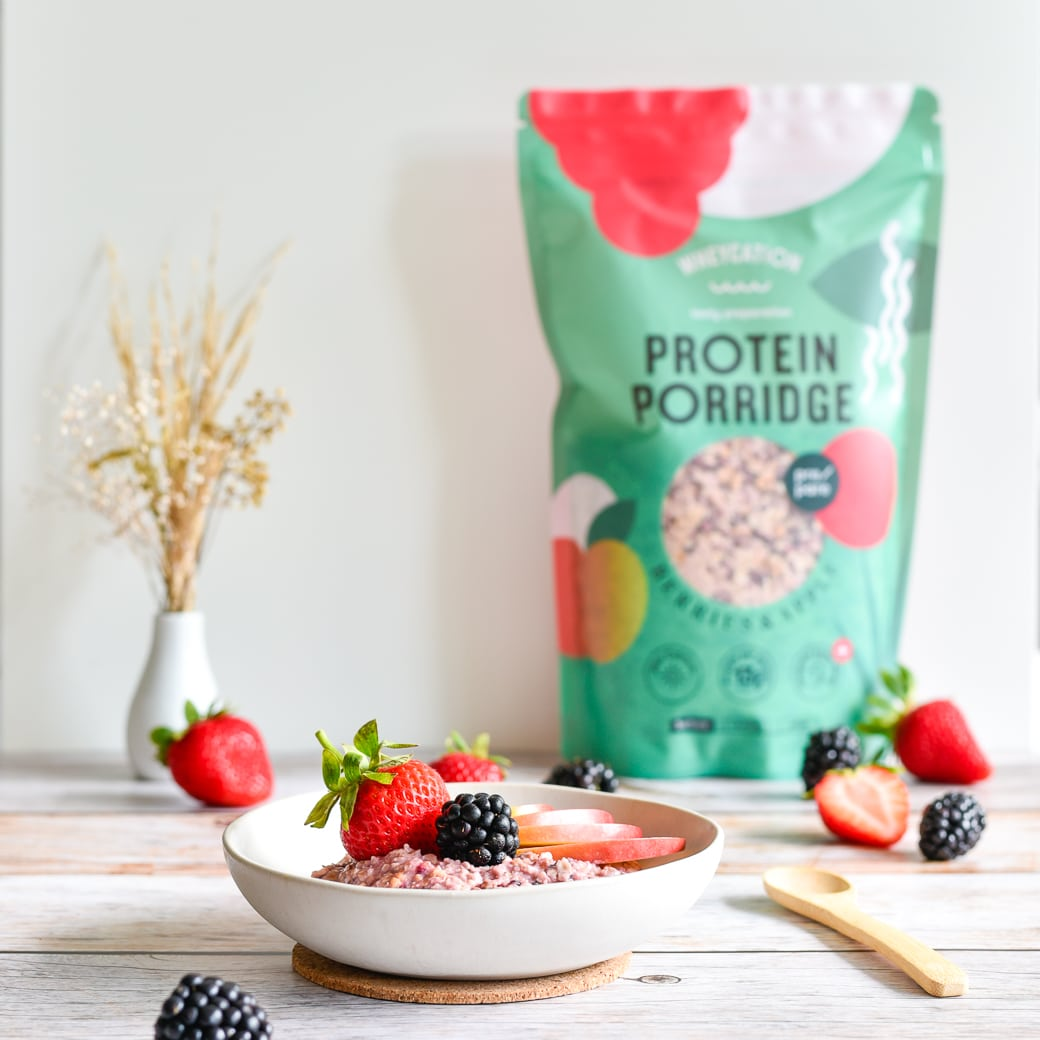

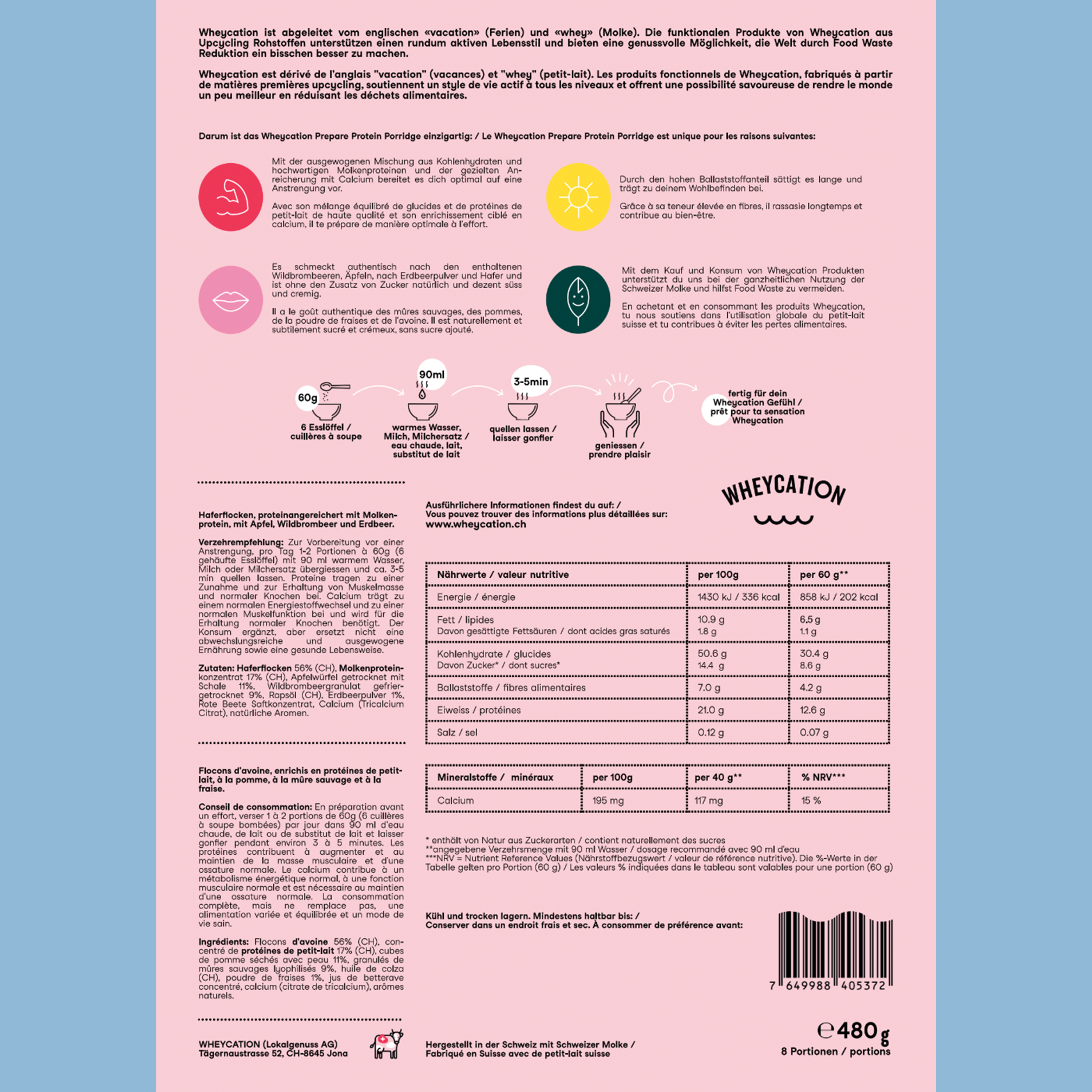
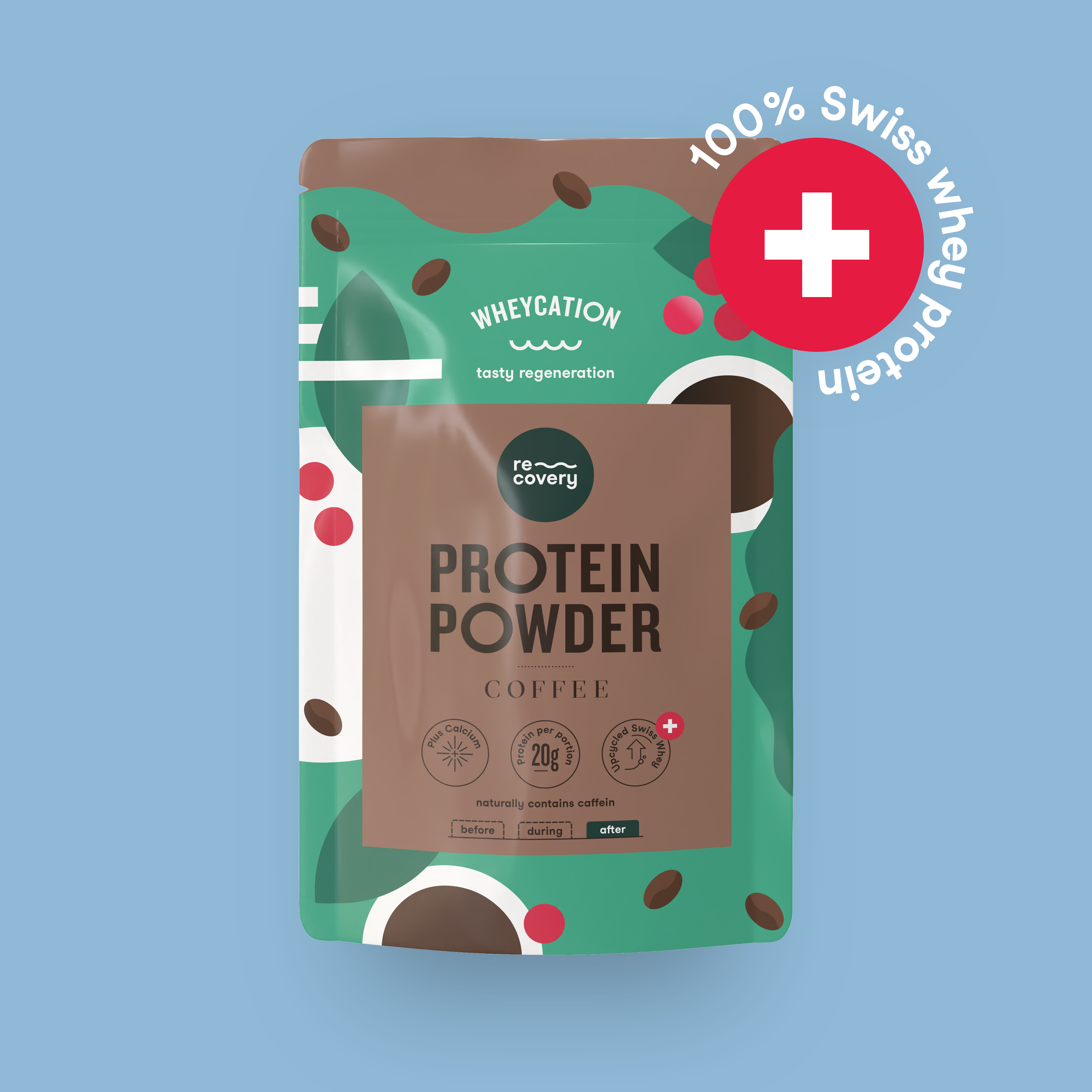
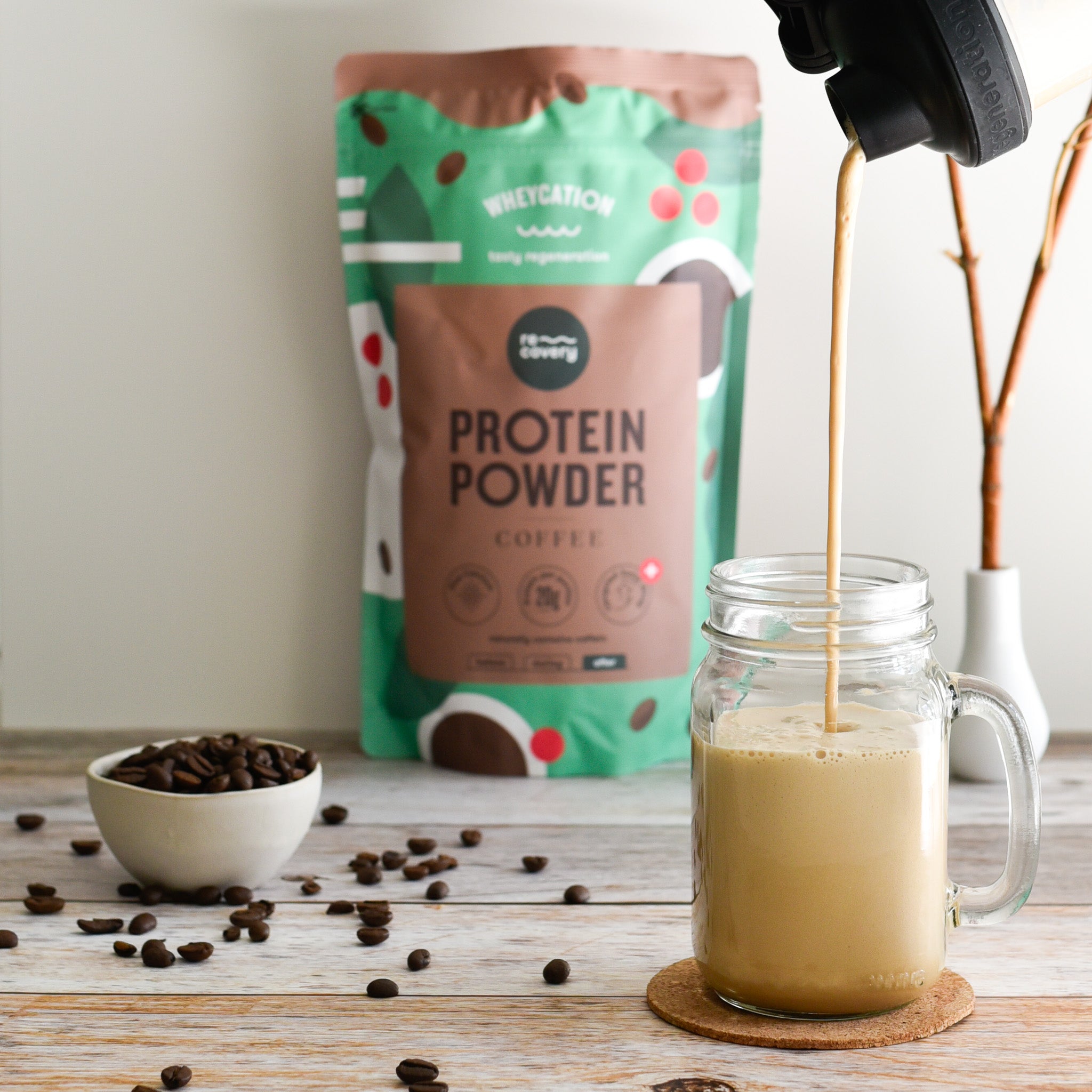




Split: